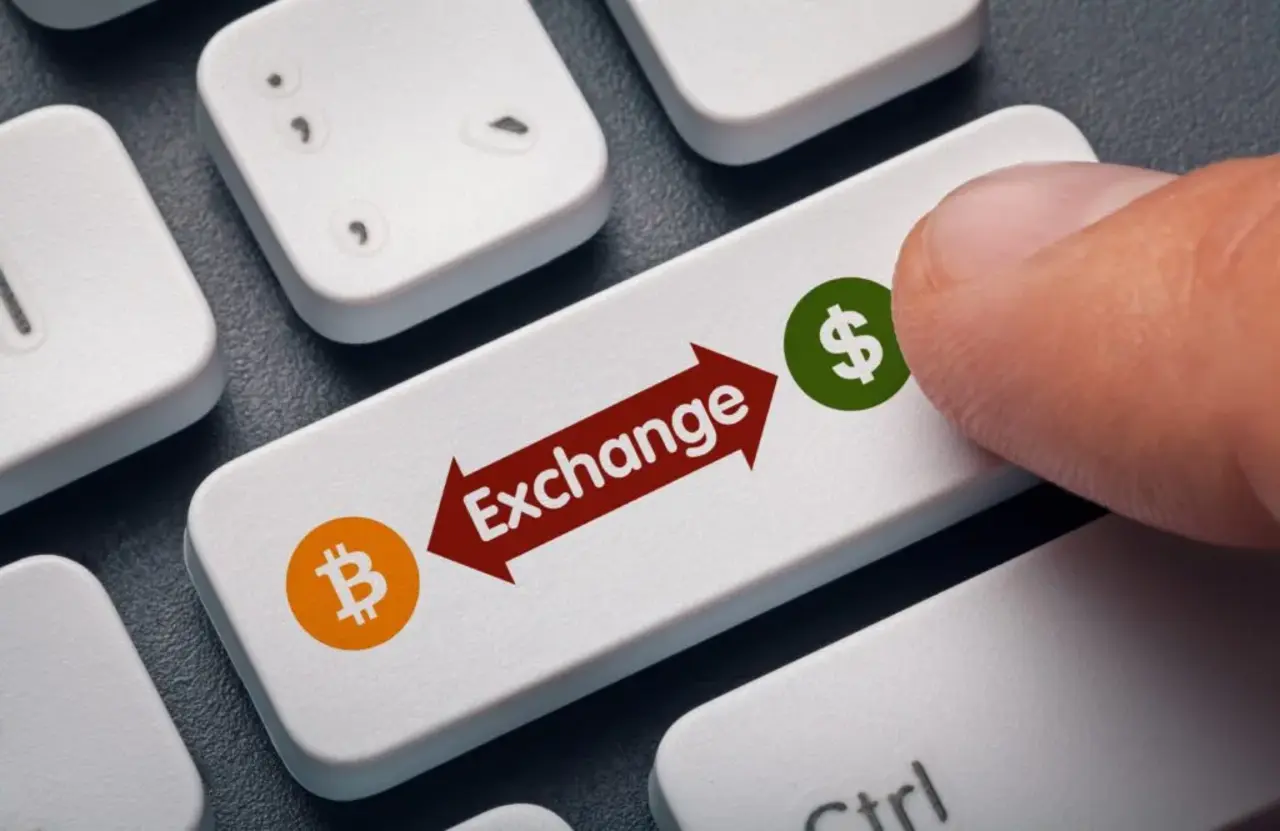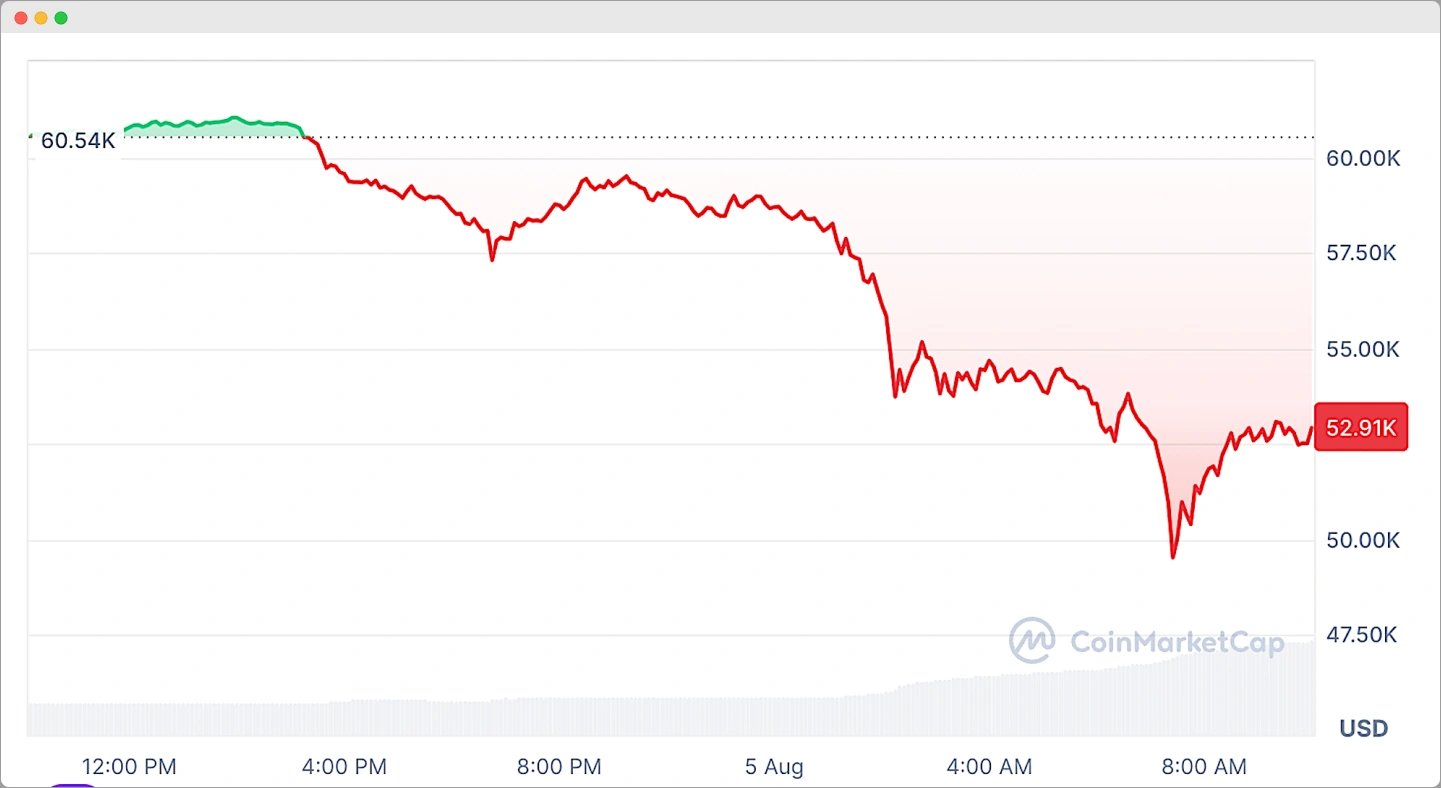What Is a Cryptocurrency Exchange?
A cryptocurrency exchange is an online platform where people can buy, sell, and trade cryptocurrencies.
It connects buyers and sellers and uses security measures—like two-factor authentication (2FA) and cold storage—to keep transactions and assets safe.
There are two main types of exchanges—centralized and decentralized—each with its own benefits and drawbacks.
Factors like liquidity (how easily trades can be made) and the variety of coins available can greatly affect your trading experience.
Although these platforms make it easier to access digital assets, they also come with risks such as potential hacking attempts and ever-changing regulations.
Choosing the right exchange can be complex, but understanding the basics will help you make better decisions.
Key Takeaways:
ShowDefinition of Cryptocurrency Exchanges
A cryptocurrency exchange is a platform that makes it possible for users to trade digital currencies.
By matching buyers with sellers, exchanges handle transactions in a secure setting. Most operate through an order book, which lists buy and sell orders to help users get the best possible price.
Because cyber threats are common in the crypto world, strong security measures—such as 2FA and cold storage—are vital for user protection.
On top of that, exchanges must follow relevant laws in the regions where they operate to keep users safe and maintain trust.
When choosing an exchange, consider:
- Market Liquidity: More liquidity usually means faster trades and more stable prices.
- Trading Fees: Exchanges typically charge fees for each trade.
- Available Cryptocurrencies: Different exchanges list different coins, which may or may not align with your goals.
Types of Cryptocurrency Exchanges

Cryptocurrency exchanges can be broken down into several categories:
1. Centralized Exchanges (CEXs)
- Run by a company that acts as the “middleman.”
- Usually offer better liquidity (easier and faster trades) and user-friendly interfaces.
- More prone to regulatory oversight and security risks, as user funds often reside on the exchange’s servers.
2. Decentralized Exchanges (DEXs)
- Facilitate peer-to-peer (P2P) trading without a central authority.
- Provide more privacy and control over personal assets.
- Often have lower liquidity, can be harder to use, and may offer fewer trading features.
3. Hybrid Exchanges
- Combine elements of both CEXs and DEXs.
- Aim to offer decent liquidity along with better security and user control.
Each type carries unique benefits and risks. Selecting the right exchange depends on factors like personal risk tolerance, desired trading features, and technical know-how.
How Cryptocurrency Exchanges Work
Exchanges are crucial to the crypto ecosystem, enabling users to buy, sell, and trade digital assets. Here’s an overview of how they work:
1. Order Matching
- Exchanges use an order book that lists all current buy and sell offers.
- The system automatically matches compatible orders, ideally finding the best price for both parties.
2. Transaction Processing
- After an order is matched, balances are updated for the buyer and seller.
- The exchange may charge a small fee for facilitating this transaction.
3. Security Protocols
- Leading exchanges rely on robust security measures.
- Two-factor authentication (2FA) and cold storage (keeping most funds offline) help minimize hacking risks.
Benefits of Using Exchanges

1. Diverse Trading Options
Cryptocurrency exchanges typically offer a broad range of digital assets, allowing you to:
- Invest in Major Coins & Altcoins: Access well-known cryptocurrencies like Bitcoin and Ethereum, as well as newer “altcoins.”
- Utilize Multiple Trading Pairs: Take advantage of price differences between various trading pairs.
- Experiment with Different Strategies: From spot trading to margin trading or even futures, you can choose the best approach for your goals and risk level.
2. Enhanced Security Features
Security plays a critical role in building trust. Many reputable exchanges:
- Use 2FA and Encryption: Adds extra layers of protection for login and data transfer.
- Rely on Cold Storage: Keeps a majority of user funds offline, reducing hacking risks by over 90%, according to some estimates.
- Conduct Regular Security Audits: Ensures their systems remain up-to-date and secure against new threats.
- Offer Insurance or Compensation Plans: May cover losses if a breach does occur.
Risks and Challenges

Despite their advantages, cryptocurrency exchanges come with notable risks:
1. Security Vulnerabilities
- As high-value targets, exchanges can be prime opportunities for hackers.
- A successful breach can cause major financial losses for users.
2. Regulatory Uncertainty
- Crypto regulations vary widely across the globe.
- Sudden legal changes can affect exchange operations and user access.
3. Market Volatility
- Cryptocurrencies can fluctuate dramatically in price within short periods.
- This volatility can result in significant gains or losses.
Being aware of these issues helps you make safer decisions and manage potential downsides effectively.
Choosing the Right Exchange
Selecting the right crypto exchange can significantly affect your success and comfort as an investor. Key points to consider include:
- Security Measures: Look for 2FA, cold storage of funds, and a strong track record of preventing hacks.
- Regulatory Compliance: Exchanges that follow local laws generally provide more stability and protection for users.
- Liquidity: High liquidity typically means better prices and quicker trades.
- Variety of Cryptocurrencies: Ensure the exchange offers the coins you want to trade.
- User Experience: Consider trading fees, platform usability, and the quality of customer support.
Weighing these factors will help you choose an exchange that aligns with your trading needs and risk tolerance.
Wrapping Up
Cryptocurrency exchanges function like bustling online marketplaces where digital currencies are constantly bought, sold, and traded.
They present opportunities for profit and innovation but also come with risks, including security threats and changing legal requirements.
By understanding how different types of exchanges operate, and by carefully evaluating security features, regulatory compliance, liquidity, and user experience, you can navigate the crypto market more confidently.
Well-informed decisions are key to taking advantage of the market’s potential while minimizing your exposure to risks.
Frequently Asked Questions (FAQs)
Are Cryptocurrency Exchanges Regulated by Government Authorities?
Cryptocurrency exchanges face varying levels of regulation globally, with some jurisdictions implementing stringent compliance measures to protect investors. Regulatory oversight aims to enhance transparency and security, ultimately fostering greater confidence in digital asset trading environments.
Can I Use a Cryptocurrency Exchange Without Prior Experience?
Yes, individuals can utilize a cryptocurrency exchange without prior experience; however, it is vital to conduct thorough research and understand the platform’s functionalities, security measures, and potential risks to guarantee a safe trading environment.
What Fees Are Associated With Using Cryptocurrency Exchanges?
Approximately 0.5% to 1.0% of transaction value is typically charged as fees on cryptocurrency exchanges. These costs can substantially impact profitability, necessitating careful analysis and comparison of platforms to guarantee prime financial safety and efficacy.
How Secure Is My Data on Cryptocurrency Exchanges?
The security of your data on cryptocurrency exchanges varies substantially. Reputable platforms implement advanced encryption, two-factor authentication, and regular audits, yet vulnerabilities persist. Users must remain vigilant and consider additional security measures to protect their information.
Can I Trade Cryptocurrencies on Mobile Apps?
Yes, mobile apps provide a convenient platform for trading cryptocurrencies. However, it is critical to select reputable apps with robust security measures, as the safety of your data and assets is paramount in this volatile market.

